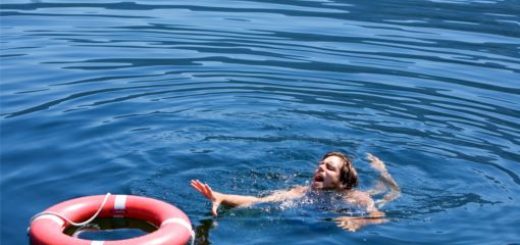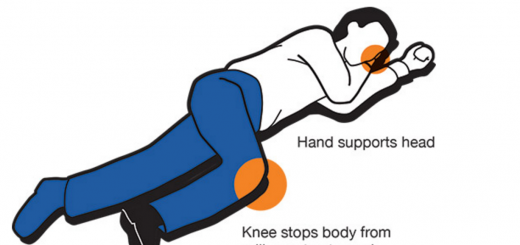First aid quick guide to seizures
A seizure is a medical condition in which occurs due to disorganised electrical activity in the brain. Seizures may be related to a chronic disorder called epilepsy or acutely due to head injury, low blood sugar, poisoning or other illnesses.
During a seizure, a person may loose consciousness, shake, convulse, or move uncontrollably, act strangely, or be confused. Seizures could be a sign of a life-threatening condition. Victims who have a history of seizures or have a diagnosis of epilepsy may have frequent seizures who not need medical attention each time they have a seizure. If in doubt of a known history or unsure what to do call medical help immediately. Also, summon medical help for any seizure lasting longer than 10 minutes regardless of seizure history.
To care for a victim having a seizure you should do your best to protect the victim from further injury during the convulsions. Never attempt to hold the victim down or stick anything in their mouth. Holding the victim down may cause further injury to the victim.
Sticking an object in the victim’s mouth may cause it to become lodged or stuck and cause an airway obstruction. Stay with the victim until the seizure stops and the victim recovers.
A victim who has a seizure will often be confused, scared, or unable to communicate for up to an hour after the seizure ends. Reassure the victim that they are okay and tell them that they have had a seizure. If the victim does not show signs of improvement call 911 immediately.
Stay with the victim until the seizure stops and the victim recovers. A victim who has a seizure will often be confused, scared, or unable to communicate for up to an hour after the seizure ends. Reassure the victim that they are okay and tell them that they have had a seizure.
Not all persons have a seizure will convulse. Some victims have “absent” seizures and may appear to be staring off or unresponsive to stimulus. Treat these victims as any other seizure victim.





